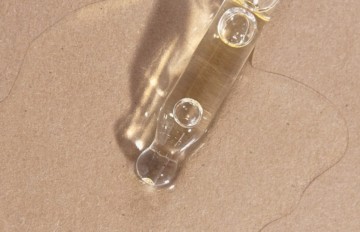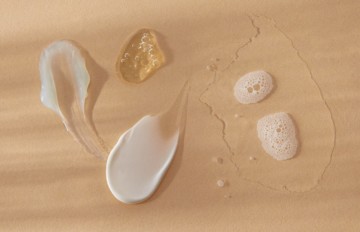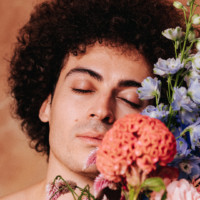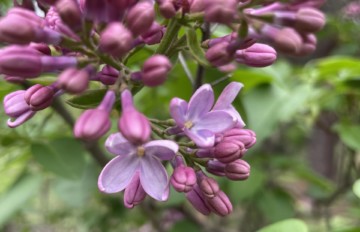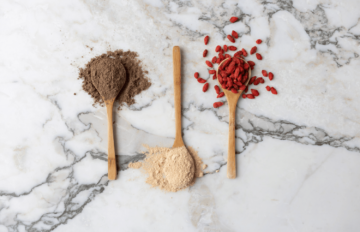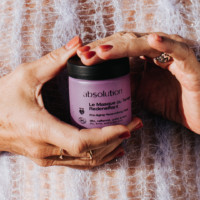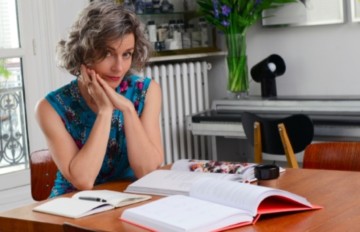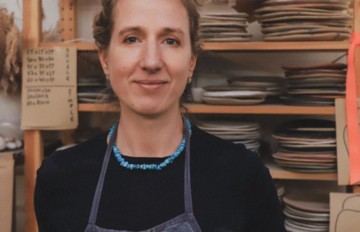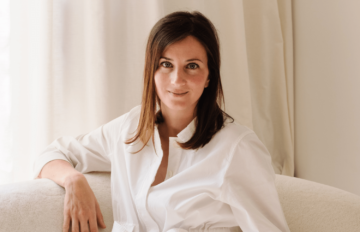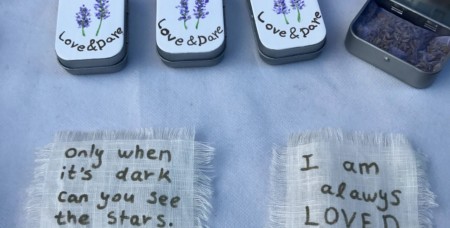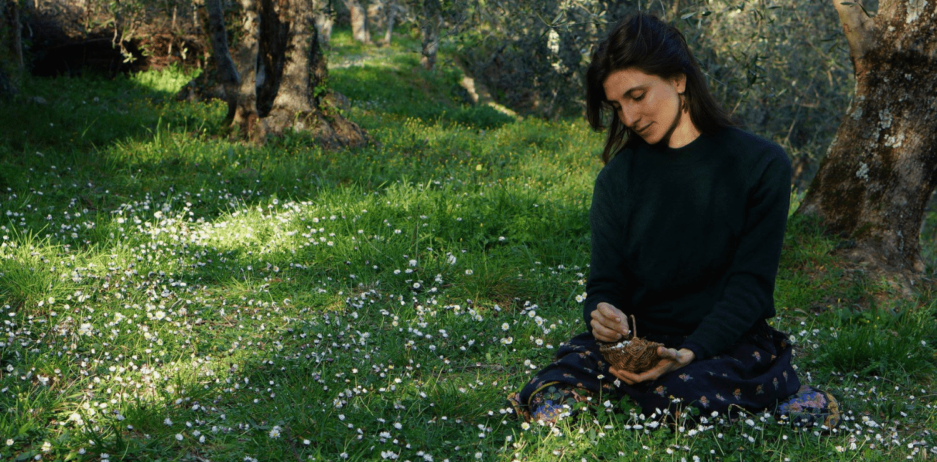
Meet La Cueilleuse Sauvage : « We have always been connected to plants, it is thanks to them that we are alive today. »
You may have already seen her photographs of wild plants on Instagram. Marine runs the account La cueilleuse sauvage (The Wild Picker) to document her herbalist activity, imbued with poetry and gentleness. For the past months, she has been offering online walks to those who want to discover the magical beauty and healing power of the plant world. The next one will take place on Sunday March 28 to celebrate the arrival of spring. This interview immerses us in the universe of a woman connected, by body and mind, to the secrets of nature.
How do you relate to plants?
I am a big lover of wild plants, and have been since I was little. Before moving to live closer to nature, I had already read many books on plants. My dream was to work with them. Even if I used to pick them during walks in the forest, my relationship with plants was mostly intellectual. I found it difficult to connect with their presence in a natural environment. Since living in an olive grove near the mountains, I have developed a more sensory approach to the flora. Now, I “meet” plants everyday and let myself be fully amazed by their beauty.
How does the beauty of nature heal you?
In my everyday life, I take care of myself by drawing on the healing and inspiring forces of beauty. My online walks are all about revealing the beauty of nature. For that, I always start with meditations. It helps you to open your heart to what plants have to say, the message they convey to us. Whether it’s a detail, a shape or a movement, anyone can be attentive and moved by the beauty of plants. It takes us back to our sense of humanity. I believe it is through this poetic approach that we access the benefits of wild plants.
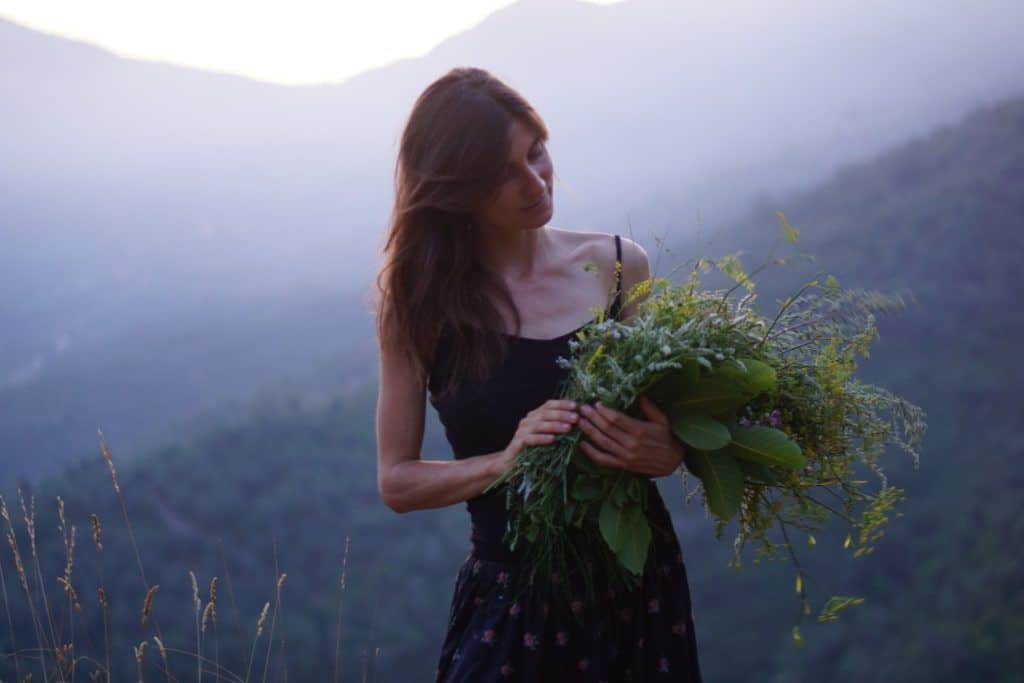
How did you become a wild picker?
I thought about doing production, but it wasn’t in my personality to work with plants that way. Transmission fits better the many passions I have, whether it is photography, video or writing. I feed my practice with knowledge in astrology, mythology, alchemy and of course, botany. Our professional lives tend to erase the multiple facets of our beings and I know how lucky I am to have been able to create such a rewarding and varied activity.
What do your walks consist of?
I choose several plants for each session, according to the medicine of the season. After a meditative time, I go into details of their properties and prepare treatments and recipes. Originally, they took place at my house, but with the context I switched them online. This has led me to deepen the poetic dimension of the walks. I am exploring new ways to convey this sensitive experience and the participants are enjoying it. I am very grateful for that. A new cycle will be launched in the spring.
Who is following you?
I have a very diverse audience, from enthusiasts to neophytes in need of nature. You don’t need to be in constant relation with nature or to ingest plants every day to bond with them. In my walks, I invoke the beauty of plants and I transmit a reliance that goes beyond mere physical presence. The result is surprising. By invoking a plant in our imagination, we can receive its medicine, its guidance.
How does one get closer to plants?
Simply by paying attention to those who call us. Even if you don’t know its name or properties, you can observe your feelings in the presence of a wild plant. We have always been connected to plants, it is thanks to them that we are alive today. They fed us, clothed us, allowed us to build our houses. Humanity has an intimate relationship with nature and so you too. Then, you can read about it to deepen your knowledge, but keep this back and forth between feeling and learning. An in-depth encounter with four to five plants is better than a broad knowledge of a hundred species. Without it, it is questionable whether the plant medicine will work.
Is cooking a good way to reach out to plants?
Our current lifestyles are marked by sensory impoverishment. Cooking allows us to get closer to our sensuality, through touch, taste and scents. Other activities allow it too, such as dancing. That is why I collaborate with the dancer Clémentine Antier and other women whose activities create bridges to the plant world. These co-creations nourish us and open up new ways for exploring nature.
You claim an eco-feminist approach. What does it mean?
It means drawing the parallel between the exploitation of the land and of the female body. History has proven there are links between the domination of natural resources and the oppression of women. To be an eco-feminist is to claim a fair relationship with nature and with our feminine part, with respect for both. It is about creating another relationship to oneself, to others and to the earth. Today’s herbal medicine too often consists of using plants for utilitarian and individualistic purposes. I support a respectful phytotherapy which forges reciprocal relationships with plants.
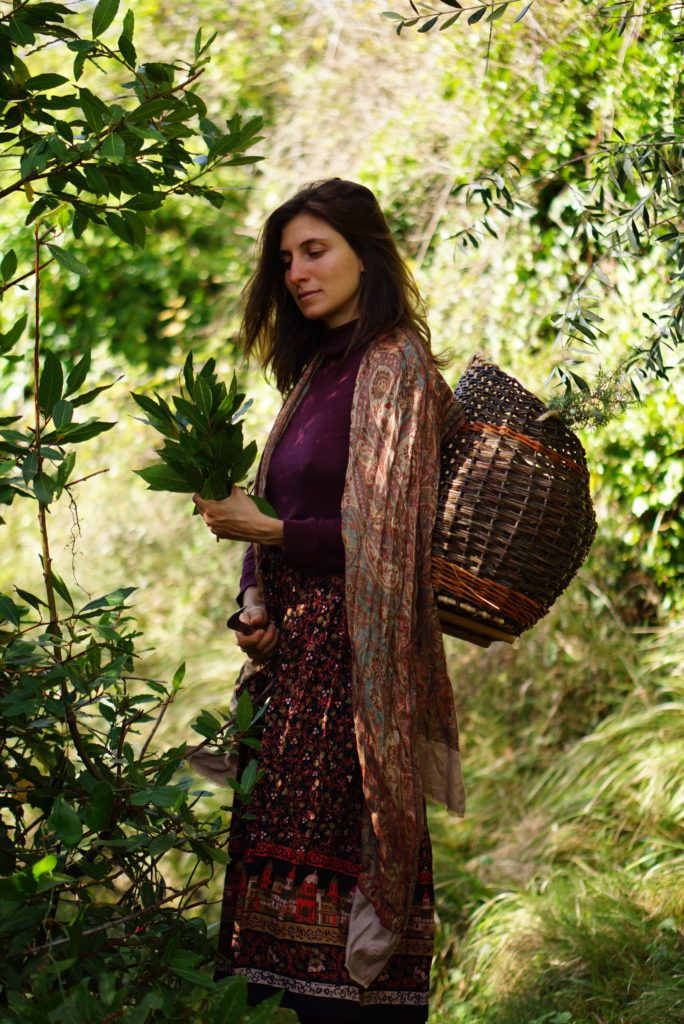
How does the current crisis increase our need for nature?
Participants of my walks have a strong need for beauty and amazement, but also for creating relationships that go beyond the human world. The crisis we are experiencing is linked to the anthropocentrism of our societies: we must change our outlook on the world around us. Nature is a guide for going through crises, finding answers and getting off center.
What if you opened your heart in the spring? On Sunday March 28, La cueilleuse sauvage gives a new walk to marvel at the new season. Register here.




